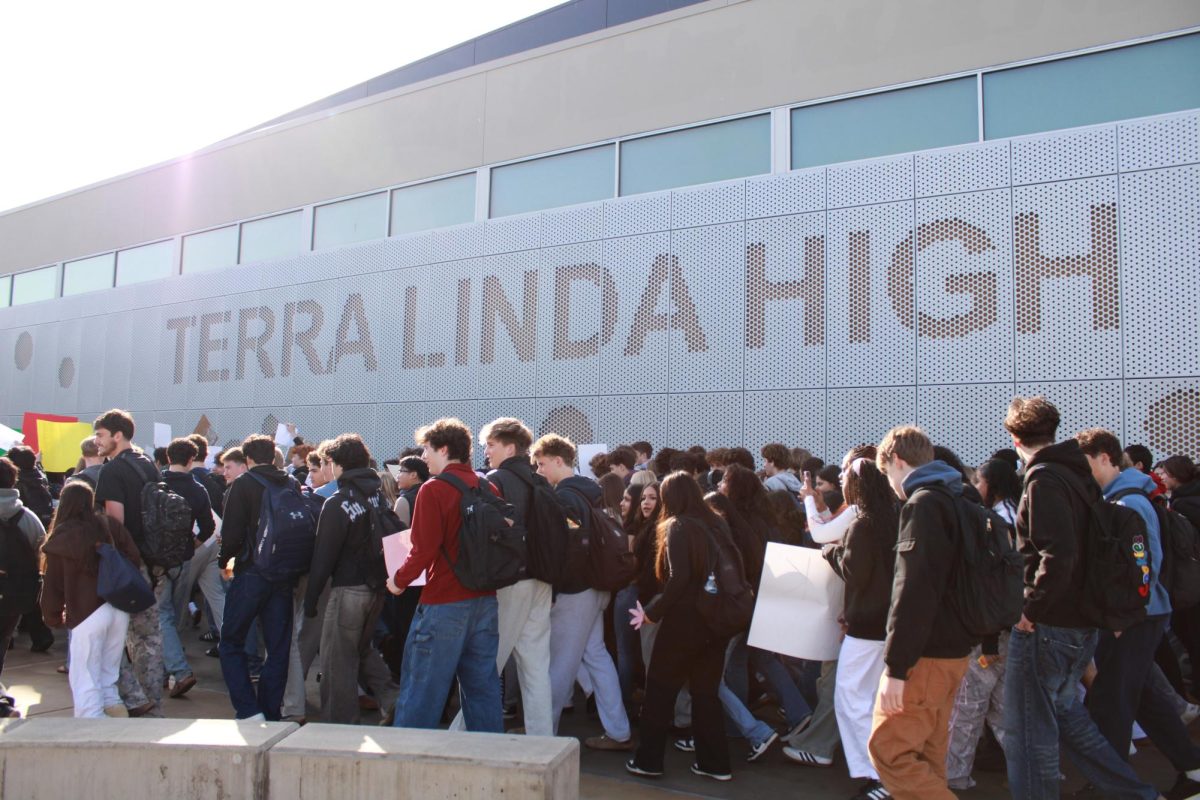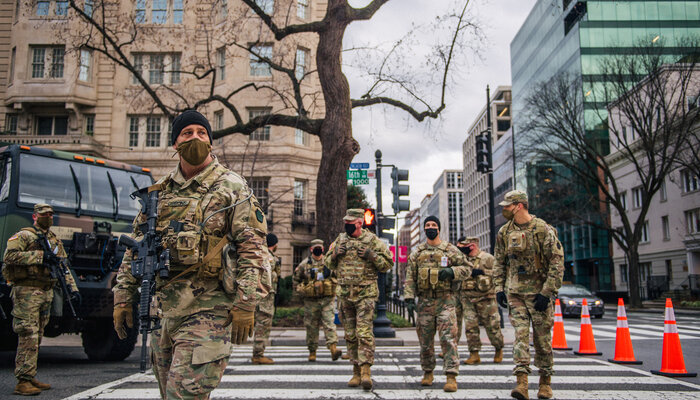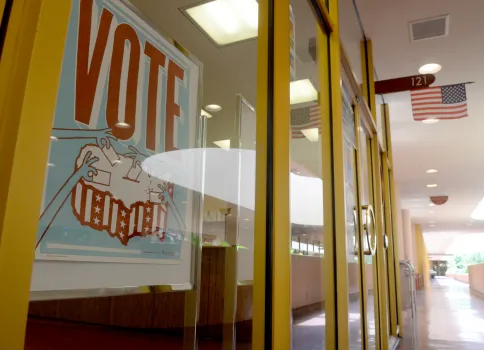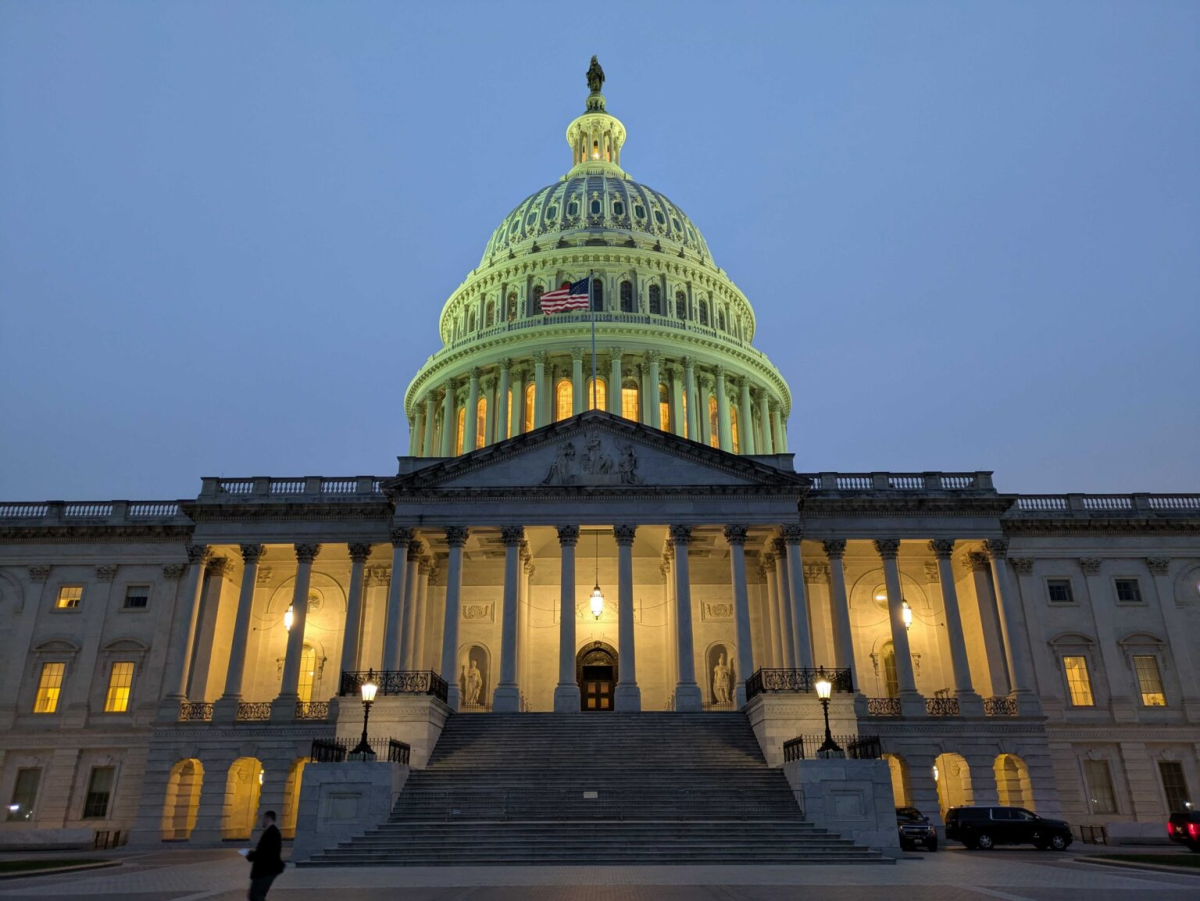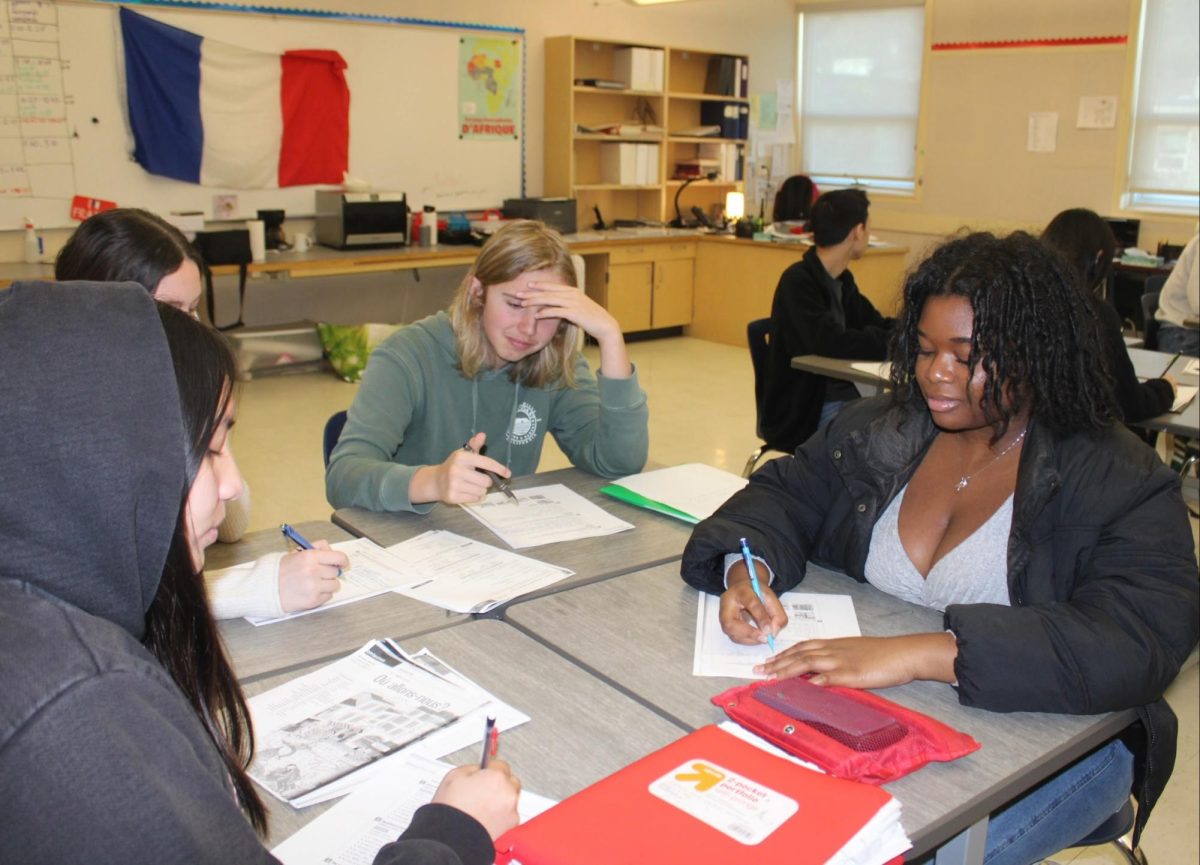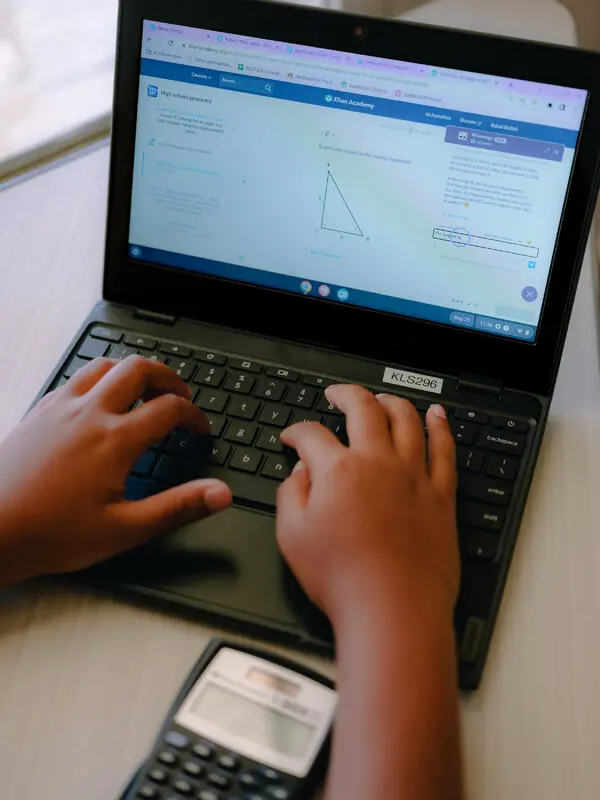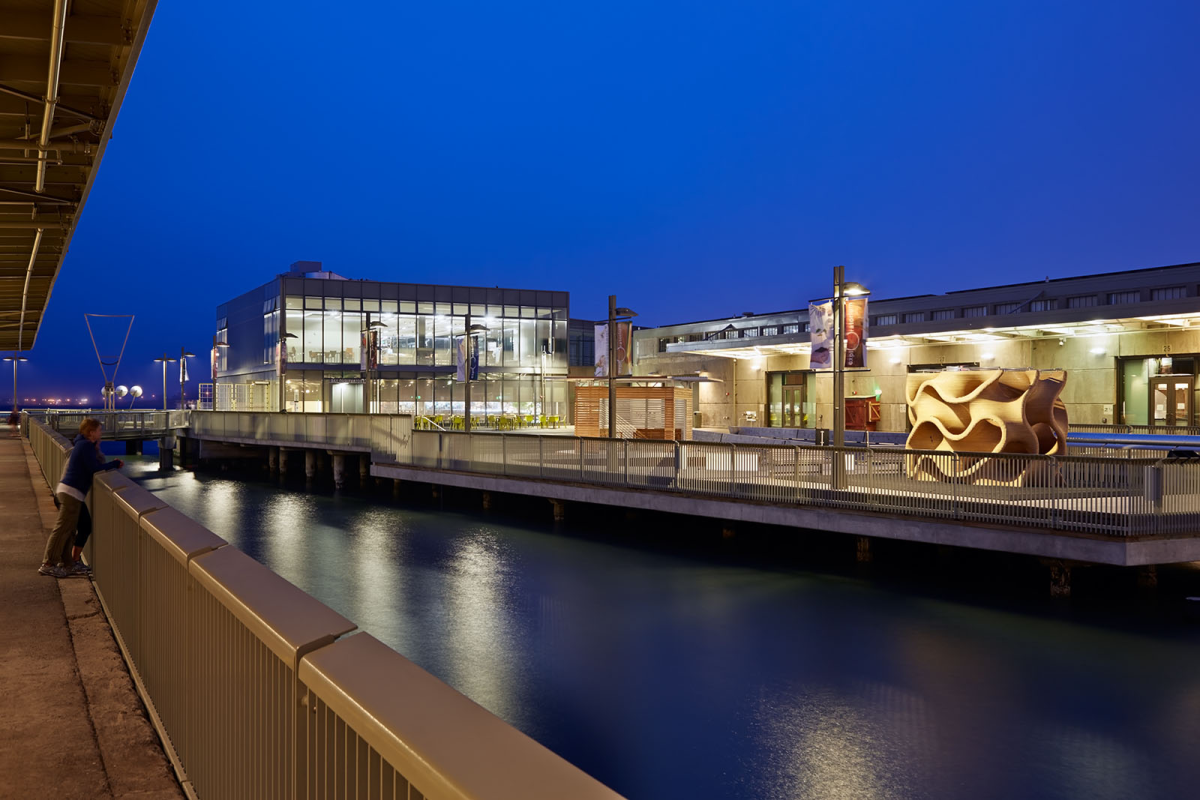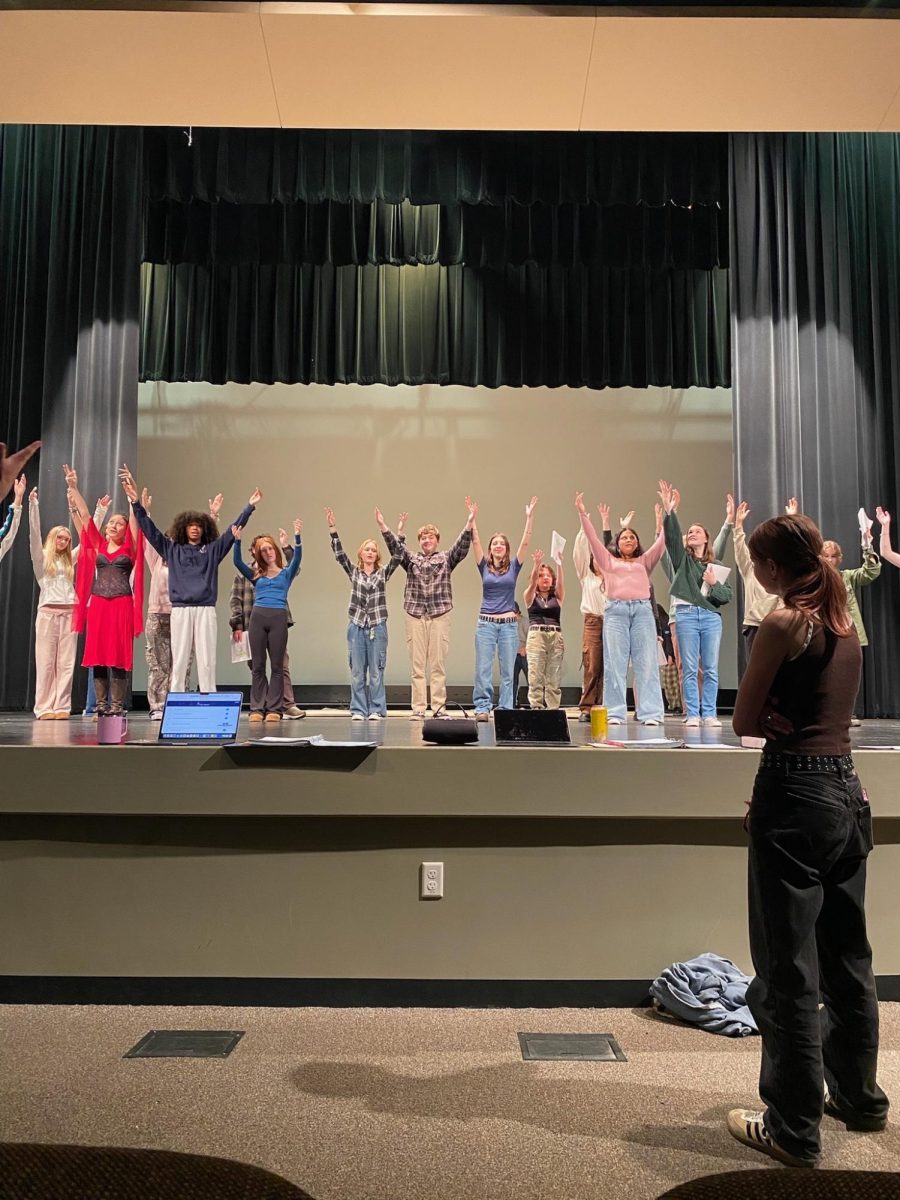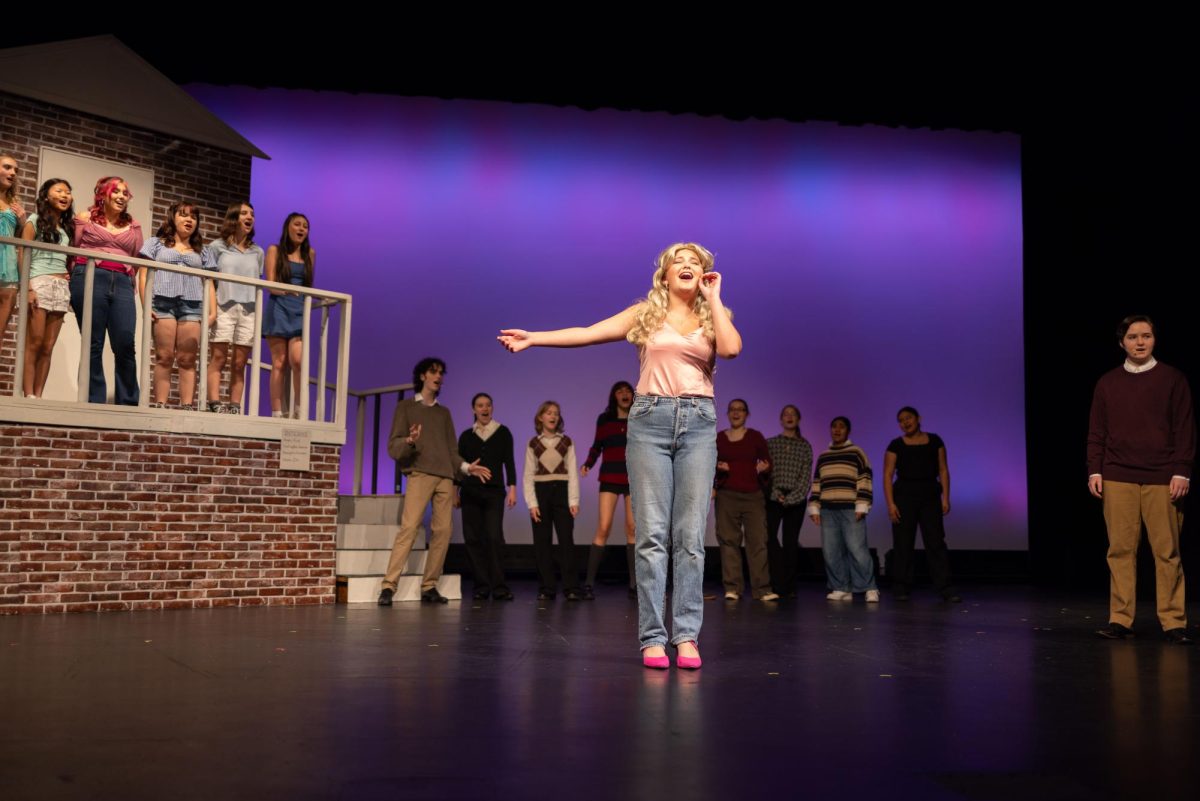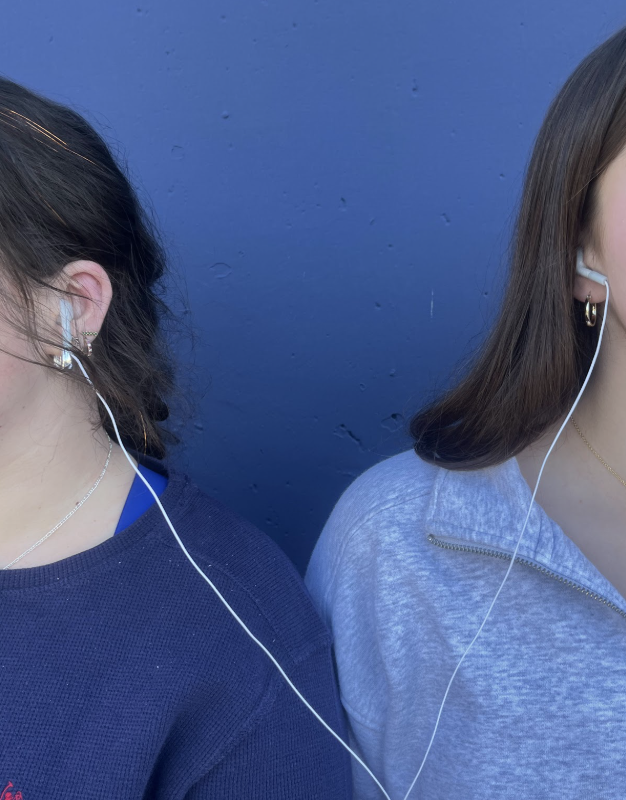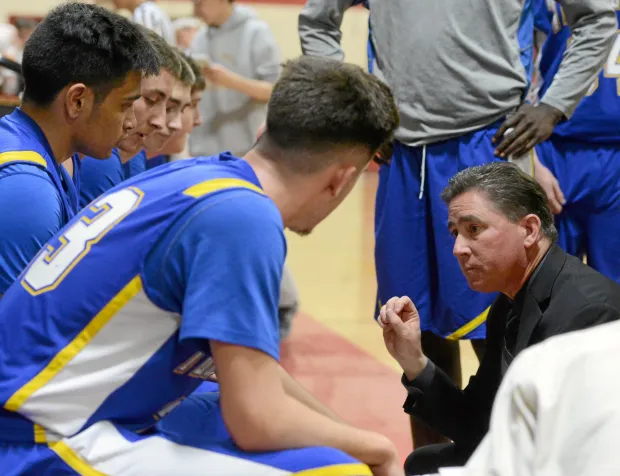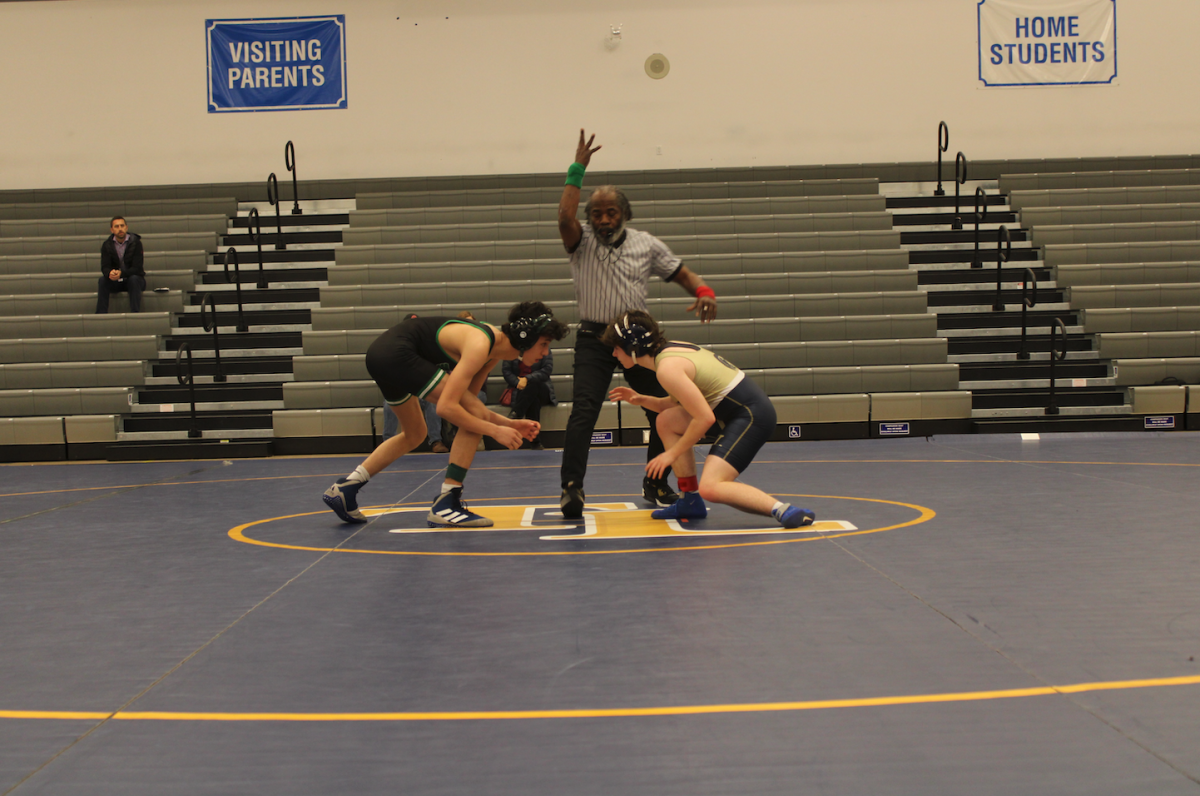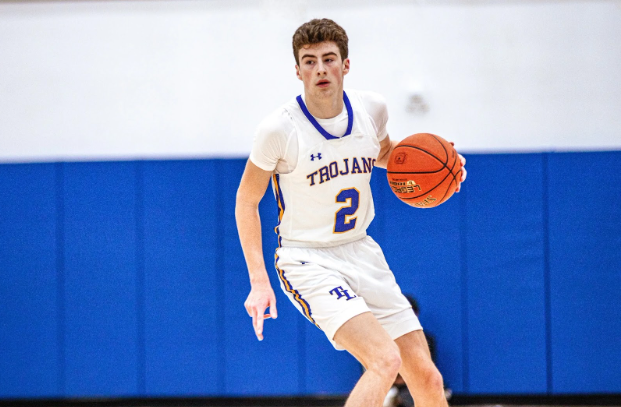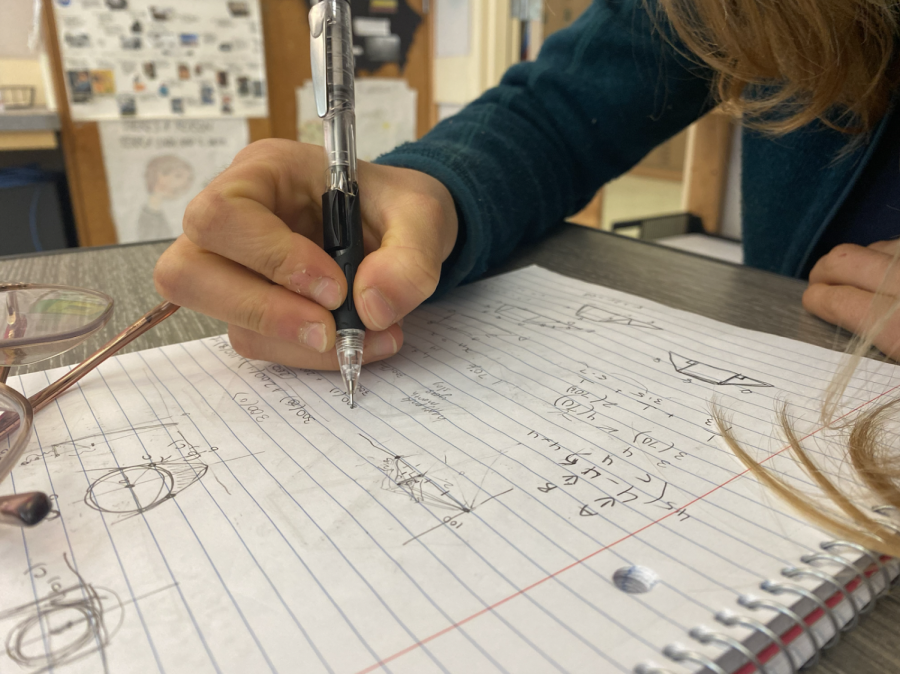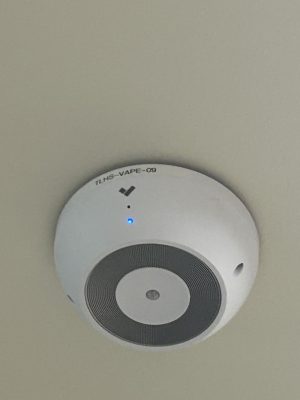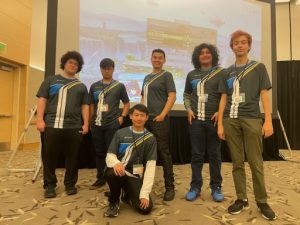Summer Slide Phenomenon
June 9, 2022
Have you ever thought, “Wait, I totally forgot how to do this math problem!” after you come back from summer break? Chances are, many of your peers can relate. In a survey taken by TL students, 86 percent recount thinking just that.
Students can experience learning loss over the summer as academic instruction is paused, resulting in the phenomenon commonly referred to as “summer slide.” Students at TL experience this, forgetting handfuls of information over the summer. 96% of survey respondents shared that they forget information they learned from the previous year when returning to school.
“I absolutely forget loads of things over the summer,” says sophomore Annie Sung. “I remember once in middle school, my math teacher was doing some example problems to get us warmed up for homework that night. She asked us to divide fractions and I couldn’t do any of the example problems because I had forgotten over the summer how to divide fractions!”
Sung says she mostly forgets information from language and math classes, which aligns with what has been observed by education experts.
Zachary Hegwer, a junior at TL, feels the same way. When asked which subjects he forgets most, he said, “Math and science more than anything else. Mostly just the specific equations and formulas rather than how to actually do math.”
According to a study done at Brown University, students forget an average of 26% of the math-related academic gains they learned the previous year. An average of 28% learning loss was discovered for math, while an average of 26% learning loss was discovered for ELA.
“Because math is such a memorization based subject, I forget a lot of it over the summer… I think of myself as a learner that finds memorization easier than other learning concepts, but over the summer, everything goes out the window,” explained Sung.
Math teacher Leah Kenzy explains the specifics of what information students tend to forget. “When they have a conceptual understanding of something, it tends to stick with them. If it’s more of a procedural understanding, like completing the square to factor quadratics…almost no one remembers.”
To give an example, she says, “Something conceptual like finding the area of a shape…it sticks with students. But something procedural is lost until you see it again.”
But it’s more than information that is hard to recover. Study habits and academic structure can be hard to adjust to, as noticed by science teacher Sara Frack.
When asked if she noticed if students struggle with school after coming back from summer, Frack said, “It’s more just getting back into that routine after having so much freedom over the summer. It’s a big change to have so much structure, so that’s a big adjustment.”
Hegwer also notes how getting back into the groove of school can be a little difficult. “It’s a little bit stressful to get back into it, but not super stressful.”
Mrs. Kenzy also notices how it can take students some time to get back into school. “There’s different phases, in a way. There’s a certain groove people get into around September, and I think people are fully into the groove around Thanksgiving.”
A student’s experience of adjusting to an academic routine can also depend on how they are taught.
Hegwer says, “It depends if the teacher is doing a review. If a teacher is doing a review for the first couple weeks, then I’ll jump back into it.”


